KEY TAKEAWAYS
- IOTA ($0.13) releases Identity 1.7 Beta, integrating post-quantum cryptography to secure digital credentials against future quantum threats.
- The update introduces Post-Quantum and Hybrid Signatures, enhancing security while allowing gradual adoption of new cryptographic methods.
- Organizations can now publish Verifiable Credentials on-chain, improving transparency and accessibility, though sensitive data remains off-chain due to privacy concerns.
IOTA has announced the release of its Identity 1.7 Beta, a significant update that integrates post-quantum cryptography to enhance the security of digital credentials. This update, developed in collaboration with the LINKS Foundation, aims to ensure that credentials issued today remain secure against future quantum computing threats.
The advent of quantum computing poses a potential risk to current cryptographic systems, which underpin the security of blockchains, digital identities, and internet communications. Algorithms that are considered secure today could become vulnerable to quantum attacks, potentially allowing malicious actors to forge signatures or impersonate identities.
Post-Quantum and Hybrid Signatures
The IOTA Identity 1.7 Beta introduces two new signature methods for Verifiable Credentials. These are digital certificates that can be verified instantly without relying on a central authority. The first method, Post-Quantum Signatures, utilizes algorithms specifically designed to resist quantum computer attacks. This release implements ML-DSA, an algorithm recommended by the US National Institute of Standards and Technology (NIST) for post-quantum cryptography. Credentials signed with this method are expected to remain secure well into the future.
The second method, Hybrid Signatures, combines traditional cryptographic algorithms with post-quantum algorithms like ML-DSA. This approach allows organizations to gradually adopt post-quantum security without needing to replace existing systems. However, it is important to note that post-quantum signatures are currently included as an experimental feature, suitable for testing and developer experimentation but not yet recommended for production deployments.
On-Chain Public Credentials
Until now, Verifiable Credentials in IOTA Identity were typically exchanged privately off-chain. With the 1.7 Beta release, organizations can now publish Verifiable Credentials directly on-chain to a public IOTA address. This makes credentials instantly discoverable and verifiable through a Decentralized Identifier (DID) Document, turning them into publicly accessible proofs. This feature is particularly useful for organizational or product-related credentials, such as certifications or proofs of origin, where transparency and accessibility are crucial.
However, sensitive personal data remains unsuitable for this feature due to privacy regulations like the General Data Protection Regulation (GDPR).
The IOTA Identity 1.7 Beta is available for both Rust and WASM, with developer examples ready for use. For more information, you can explore the IOTA Identity documentation.
Why This Matters: Impact, Industry Trends & Expert Insights
IOTA’s release of Identity 1.7 Beta, featuring post-quantum cryptography, marks a significant advancement in securing digital credentials against future quantum threats.
Recent industry reports indicate that post-quantum cryptography (PQC) is transitioning from readiness to operational deployment. This aligns with IOTA’s integration of PQC to protect digital credentials from quantum computing threats.
As per insights from The Quantum Insider, blockchain networks face challenges in transitioning to PQC due to decentralized governance and global user bases. This supports the significance of IOTA’s proactive measures in adopting quantum-resistant technologies to safeguard digital credentials.
Explore More News:
- Cronos Mainnet Set for Major Smarturn Upgrade on October 30, 2025
- Coinbase Asset Management Launches US Bitcoin Yield Fund for Accredited Investors
- Filecoin Celebrates Five Years of Decentralized Storage Innovation
The post IOTA Identity 1.7 Beta Introduces Post-Quantum Security for Digital Credentials appeared first on CoinsHolder.









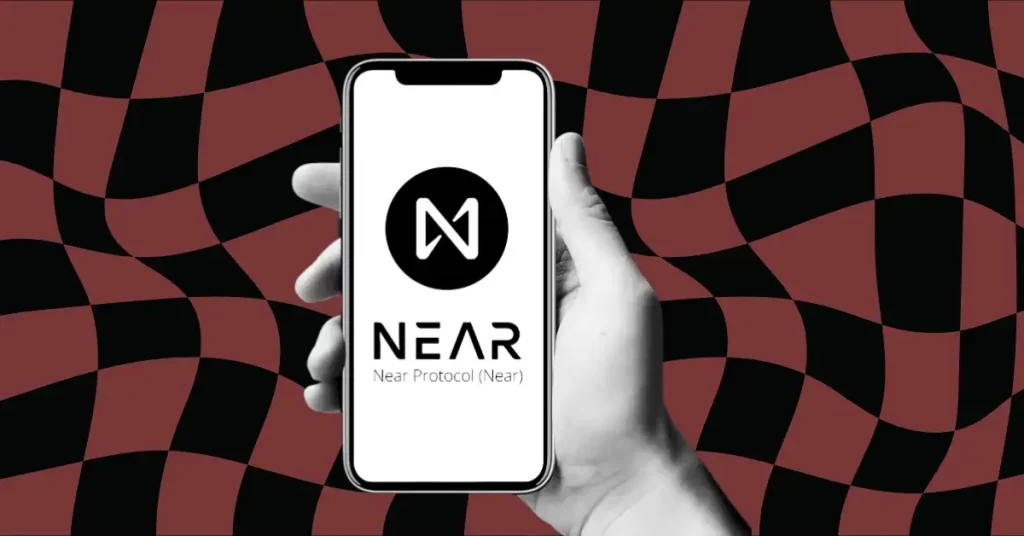







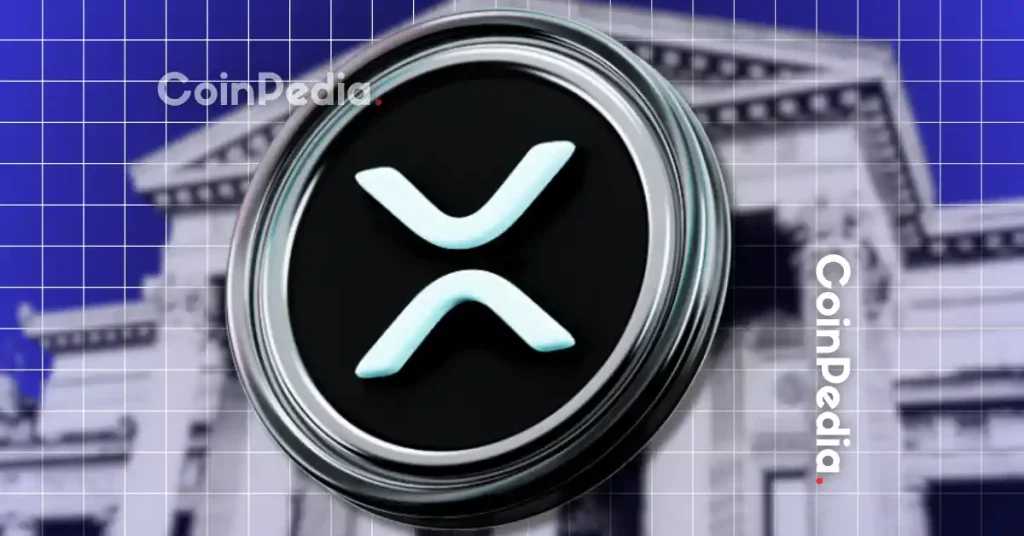

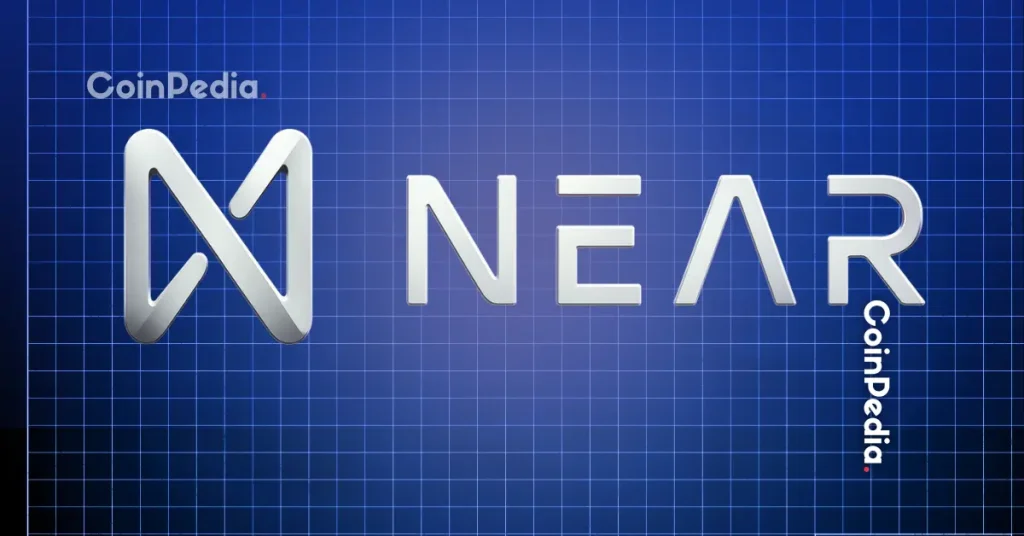
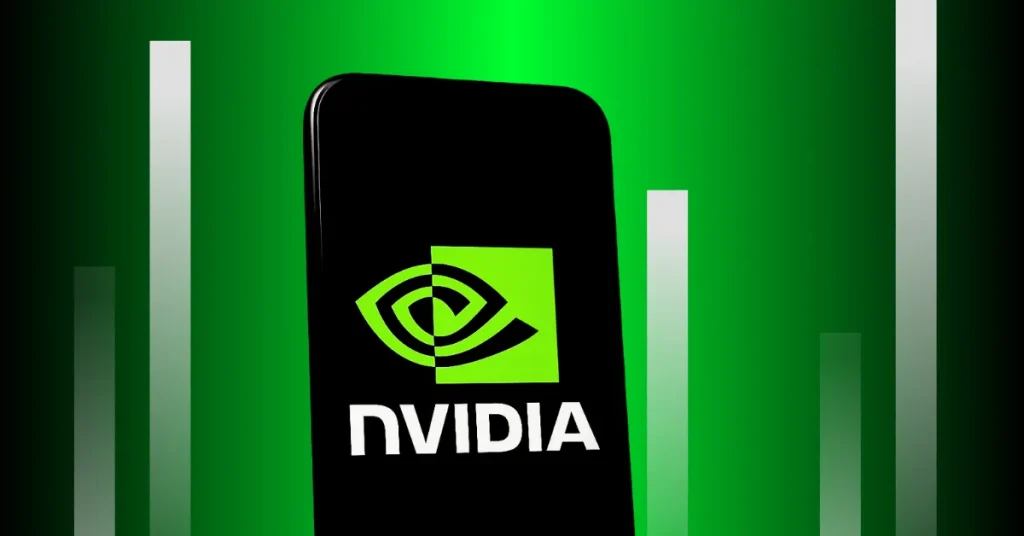
 24h Most Popular
24h Most Popular
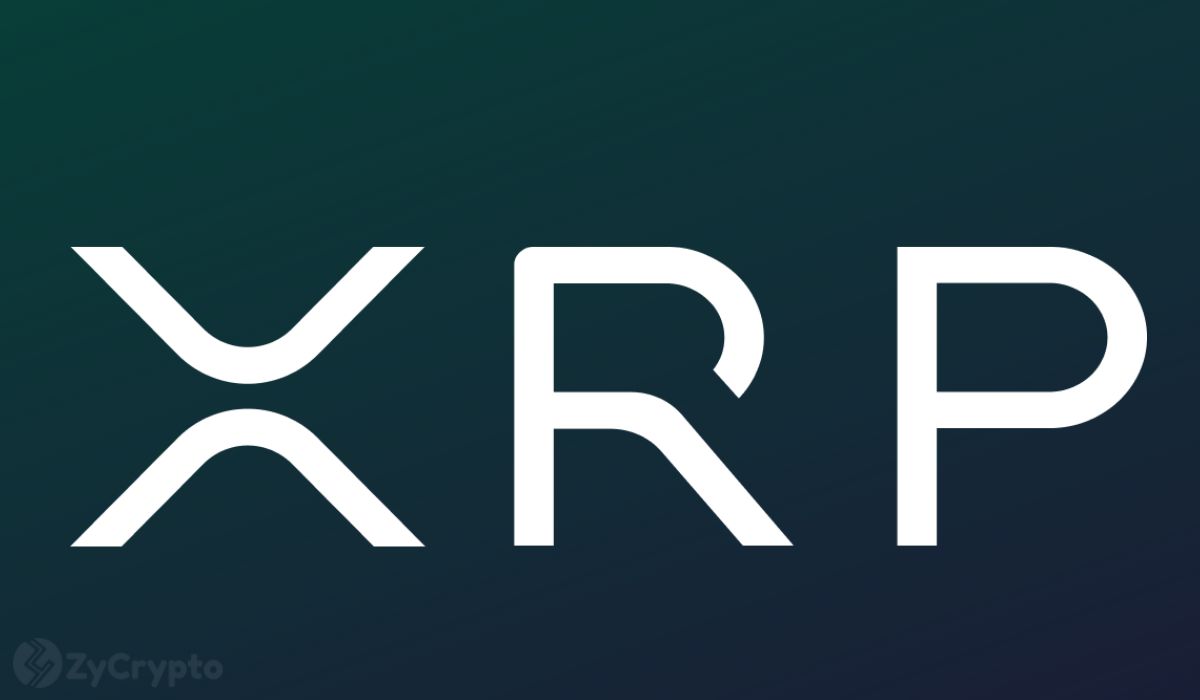



 Utilities
Utilities